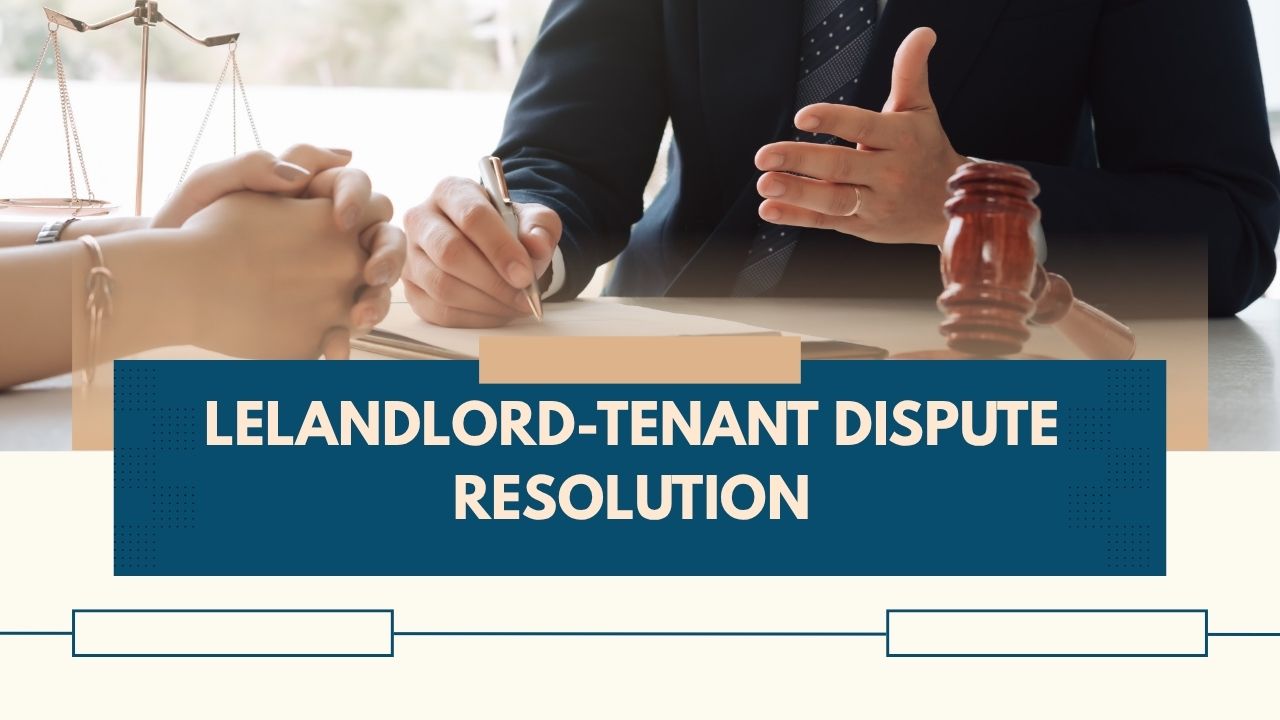
Supreme Court Rules: Tenant Cannot Challenge Landlord’s Ownership After Signing Rent Deed
Court says tenancy is based on landlord’s authority, not a path to ownership
Judgment strengthens property rights and ends misuse of adverse possession claims
By Our Legal Correspondent
New Delhi: November 10, 2025:
In a landmark ruling, the Supreme Court of India has held that a tenant who enters premises under a landlord’s rent deed cannot later dispute the landlord’s ownership of the property. The judgment, delivered in November 2025, reinforces the principle that tenancy is a contractual arrangement based on the landlord’s authority and does not give tenants any claim to ownership.
The Court clarified that tenants occupy property only with the permission of the landlord, and therefore doctrines such as adverse possession cannot be applied to convert tenancy into ownership. This ruling is expected to have far-reaching implications for property disputes across India, where landlord-tenant conflicts are common and often prolonged.
Background of the Case
The case arose from a long-running dispute between landlord Jyoti Sharma and tenants Vishnu Goyal and others, involving a shop tenancy dating back to 1953. The tenants had argued that their prolonged occupation gave them ownership rights, while the landlord sought eviction and recovery of rent arrears.
Also Read: Supreme Court Quashes Maharashtra’s 'Private Forest' Land Tags, Says Due Process Not Followed
The matter reached the Supreme Court after decades of litigation. The bench comprising Justice J.K. Maheshwari and Justice K. Vinod Chandran ruled in favour of the landlord, ordering eviction and recovery of arrears. The Court categorically stated that tenants cannot challenge ownership once they have entered the premises under a rent deed.
Key Observations by the Supreme Court
- Tenancy is Permission-Based
- A tenant occupies property only with the landlord’s consent.
- Such occupation cannot be converted into ownership.
- Adverse Possession Not Applicable
- The doctrine of adverse possession applies only when occupation is hostile to the owner’s rights.
- Tenants, by definition, acknowledge the landlord’s ownership when signing a rent deed.
- Judicial Discipline in Property Law
- Courts must protect property rights to prevent misuse of tenancy laws.
- Allowing tenants to claim ownership would undermine the rental housing system.
Also Read: Gauhati High Court Upholds Tribunal Order Declaring Woman Illegal Migrant from Bangladesh
Why This Ruling Matters
The ruling is significant because it addresses a recurring problem in India’s property market: tenants attempting to claim ownership after long occupation. The Court’s decision ensures:
- Protection of landlords’ rights: Owners can rent property without fear of losing it.
- Clarity in tenancy law: Tenants cannot misuse legal doctrines to challenge ownership.
- Strengthening of property markets: Investors and landlords gain confidence in renting property.
Also Read: Madras High Court Upholds SARFAESI Auctions: Property Valuation Must Be Done by Registered Valuers
Expert Opinions
- Property law specialists say the judgment provides clarity and will reduce litigation.
- Landlord associations argue that the ruling strengthens their rights and prevents exploitation.
- Tenant rights groups acknowledge that while tenants deserve protection from unfair eviction, ownership claims must remain with landlords.
Broader Implications
Also Read: ITAT Kolkata Rules: Gifts from Brother-in-Law Are Tax-Free Under Income Tax Act
- For Landlords
- Greater security in renting property.
- Easier enforcement of eviction orders.
- For Tenants
- Clear understanding that tenancy does not lead to ownership.
- Encouragement to honour rental agreements.
- For Judiciary
- Reduced burden of prolonged property disputes.
- Reinforcement of legal principles governing tenancy.
Historical Context
- Satwant Singh Sawhney v. D. Ramarathnam (1967) – clarified rights under tenancy agreements.
- Maneka Gandhi v. Union of India (1978) – emphasized fairness in restrictions on liberty, indirectly influencing property law.
- Recent rulings in 2025 – reaffirmed that tenants cannot claim ownership through adverse possession.
Conclusion
The Supreme Court’s ruling in the tenant-landlord ownership dispute is a landmark in Indian property law. By declaring that tenants cannot challenge ownership after signing a rent deed, the Court has reinforced the principles of consent, contract, and property rights.
Also Read: How Indians Can Start a Company in the USA: Step-by-Step Guide, Costs, and Legal Requirements
This judgment will bring relief to landlords across India, reduce misuse of tenancy laws, and strengthen confidence in the rental housing market. For tenants, it serves as a reminder that tenancy is a privilege based on permission, not a pathway to ownership.
🔑 Suggested Keywords for SEO & Faster Searches
- Supreme Court tenant landlord dispute India
- Tenant cannot claim ownership rent deed
- Adverse possession tenancy law India
- Supreme Court property rights ruling 2025
- Jyoti Sharma vs Vishnu Goyal case
- Tenant eviction Supreme Court judgment
- Indian tenancy law Supreme Court ruling
- Landlord tenant disputes India
- Supreme Court tenancy ownership case
- Property rights and tenancy law India